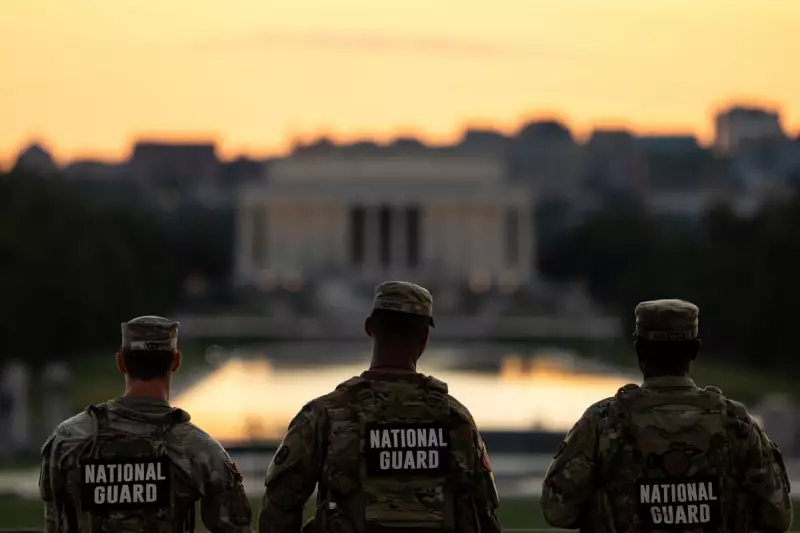
In a stark response to a dramatic surge in violent offences, the District of Columbia is taking the extraordinary step of deploying the National Guard to assist police in combating a youth crime epidemic. The move, authorised by Mayor Muriel Bowser, signals a deepening crisis in the nation's capital.
The decision follows a series of particularly brazen crimes, including a recent incident where a 13-year-old was charged with armed carjacking. This event appears to have been a catalyst for the unprecedented military mobilisation.
A City Under Siege
Official statistics paint a troubling picture: juvenile arrests for carjacking have skyrocketed by an astonishing 134% compared to last year. Arrests for robbery have also seen a sharp increase of 62%, revealing a trend of growing violence among the city's youth.
This isn't a sudden development. Law enforcement officials have been sounding the alarm for months about a rising tide of youth-involved serious crime, much of it involving firearms.
The Guard's Controversial Role
The deployment will see National Guard personnel stationed at specific "high-crime metro stations and transportation hubs. Their role is strictly defined as supportive; they will not make arrests or engage in traditional policing.
Instead, their presence is intended to act as a deterrent and free up sworn police officers to respond more proactively to emergency calls and conduct targeted investigations.
A Heated Political Divide
The mayor's decision has ignited a fierce political debate. Supporters argue that the crisis demands an all-hands-on-deck approach and that public safety justifies the measure.
However, critics, including some council members and community activists, have condemned the move. They argue that militarising the response to youth crime is a regressive step that will disproportionately impact communities of colour and exacerbate trauma, rather than address the root causes of the violence.
This bold and controversial strategy places Washington DC at the centre of a national conversation about how to effectively and humanely address a complex wave of juvenile crime.





